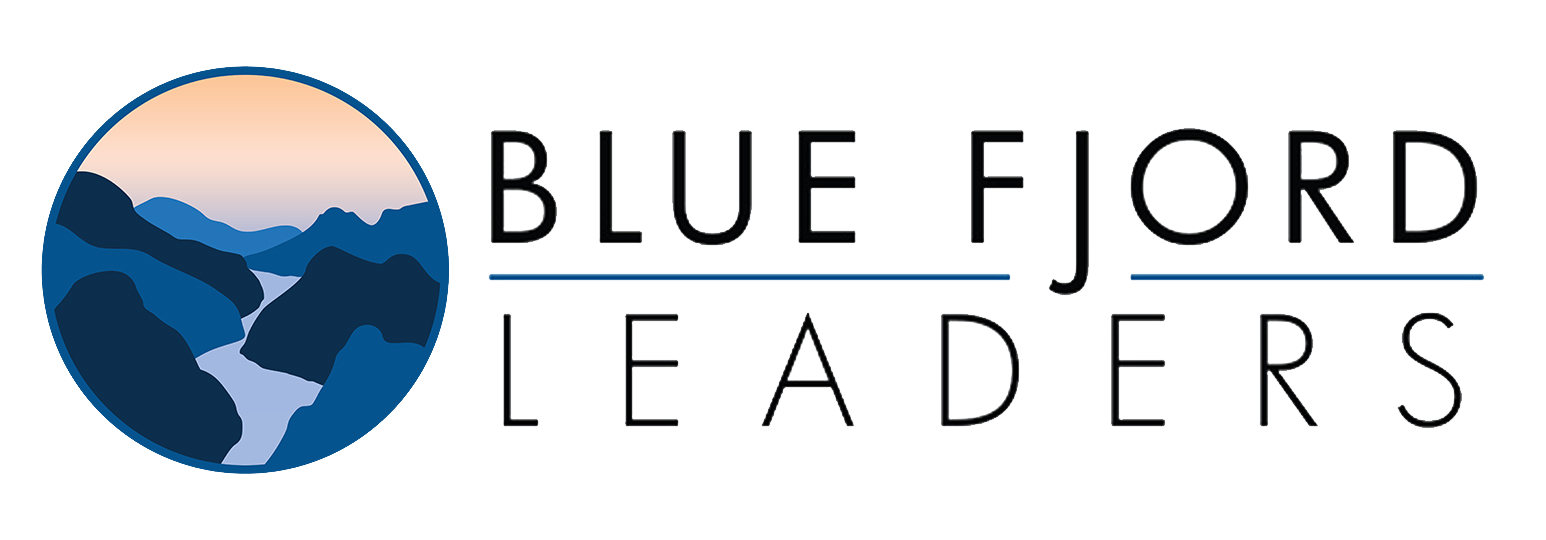
How can you leverage this natural characteristic in your management and leadership style? Here are two ways to more effectively encourage (and expect) participation that will benefit you and those participating.
Ask for help when you need it. It had been a day of celebration for my friend’s 50th birthday. Tired and full of gratitude for great friends, I hopped into my car to drive home. A block away the “wump, wump” sound registered in my mind. Flat tire. “Great,” I thought. “Now what?” You see, I have a strong tendency toward self-sufficiency. That has been a useful characteristic until I carry it too far. I’ve had to learn to ask for help. In that learning, I have come to understand that “helping” feels good for the helper. I walked back to the party to get a ride home. Two people eagerly offered and I happily accepted.
Yes, that’s a simplistic example and yet it plays out in the workplace as well. “No, no! I can do it myself.” Sometimes we say that out loud and other times we just think it. “It’s quicker for me to do it than ask someone else.” Perhaps that’s true, but you also deprive another person from feeling useful and from learning something new. Have you ever held onto a task – thinking that you’ll get it done along with the pile of other commitments – only to find that you can’t? And now time is short and it’s a crisis. It’s okay – perhaps preferable – to recognize when you are over-committed and ask for help. Here’s the point…it feels good to be the helper (as long as you ask nicely, haven’t created a crisis, and are grateful). That little shot of dopamine feels good!
Give people the authority to solve their own problems…and expect them to solve it. I see this problem frequently with volunteer groups: association boards and other committees, for example. A committee is formed to review membership services, find sponsorships, or market a program. The Chair and the members make a bit of progress before hitting a snag. The problem gets reported to the board or to staff. And a well-meaning board member or staff person begins to solve the problem. On the surface that may sound logical; however, there are two problems. When someone else solves the problem for that committee chair, it teaches them that they don’t have to handle it – someone else will and they don’t take ownership of the problem.
On the other hand, having the willpower not to engage, nor solve the problem has big benefits for the person with the problem (like the committee chair). It feels good to handle your own issues successfully. It creates confidence and a culture of, “I’ll handle it.” When you give people responsibility and control to work an issue, tackle and solve their own problems, it activates the reward center. Denying them that responsibility is like taking away their little shot of dopamine.
An attitude of “I’ll handle it myself” may work for some situations but don’t carry it too far. You wear yourself out and you deny others the benefits of participating. Share some dopamine with others.
I’m pleased to say that the tire is fixed and a cadre of friends are feasting on dopamine. And I am very grateful.





0 Comments